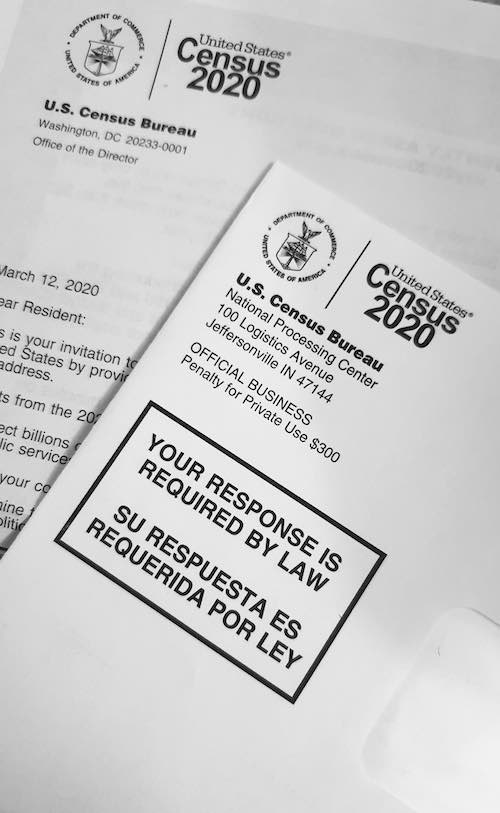 Why it matters.
Why it matters.
April 1 marks Census Day. People in California and across the country can now fill out the Census in order to provide an accurate count of all people in the United States. The California Census happens once every 10 years and is the only official population count for the U.S. in order to fairly allocate federal funding and apportion political representation.
Due to the COVID-19 pandemic, the Census has made some operational adjustments including a revised schedule. The Self-Response Phase has already begun, and online response is strongly encouraged, especially given recent events (2020census.gov). The deadline for this response has been extended from July 31 to Aug. 14.
How will the California Census impact local families?
The 2020 Census will help decide how billions of dollars will reach local families, determining funding allocations for schools, child care programs, road maintenance projects and social assistance programs. The latest Census will impact the wellness of California families by influencing where hospitals will be built, improvements to health programs and jobs and business opportunities.
The Census will also determine the number of representatives California has in the U.S. House of Representatives and the number of votes in the Electoral College. Accurate participation increases the opportunity for fair representation and may lead to reapportionment and redistricting.
Why it’s important to participate in the Census and how it directly impacts the community?
There’s a lot at stake in the 2020 Census and the main challenge for the U.S. Census Bureau is the undercount of certain population groups. That challenge is amplified in California, where foreign-born residents, renters, people living close to or below the poverty line and children younger than 5 years old are considered traditionally hard to count.
Of all states, California had the highest undercount of children 5 and under on the 2010 Census. An undercount in 2020 could cost California up to $115 billion per year across federal programs. A person’s immigration status is not recorded on the Census in an effort to be more inclusive of non-citizens. By law, the collected information must be kept private, with Census employees facing a fine of up to $250,000, five years in prison, or both for sharing any personal information.
The 2020 Census is an opportunity for every Californian to shape the future. California’s officially recorded population is essential for determining how federal dollars are distributed over the next 10 years. The Census also plays a big part in well-rounded representation by elected officials in California and Washington, D.C. A complete and accurate count means more people in power who truly represent and advocate for California communities.
— Madison Amirehteshami
Photo: Enayet Raheem




Leave a Reply